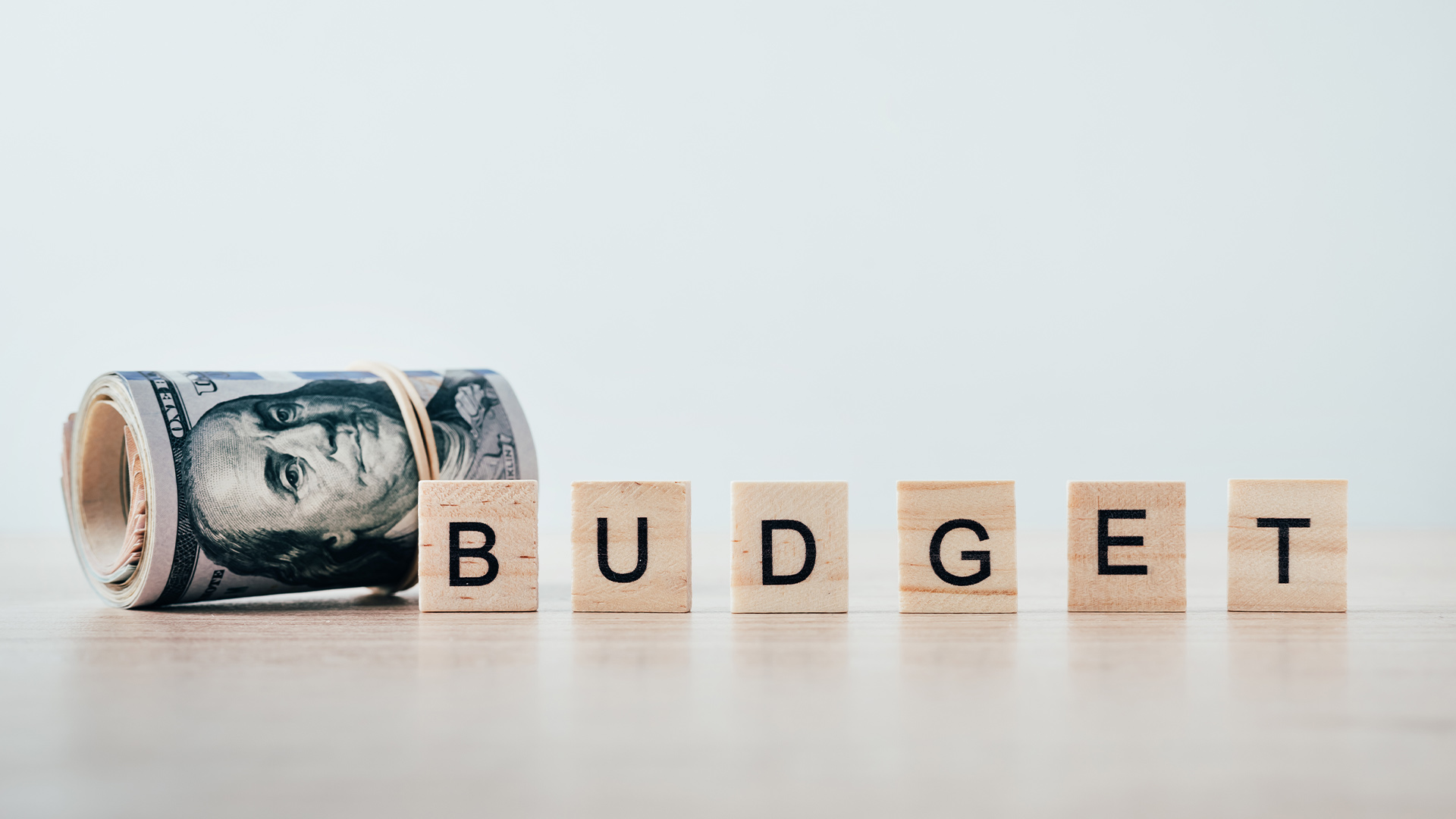
The Ultimate Daily Money Tracker
It’s the slow leak of daily spending that drains your budget. That’s why a simple daily money tracker is one of the most effective tools you can use to stay in control.
Managing money takes effort--but it doesn’t have to take time every single day. Thanks to financial automation, you can set things up once and let smart tools do the work in the background. That means fewer late fees, fewer missed goals, and way less mental clutter.

Managing money takes effort--but it doesn’t have to take time every single day. Thanks to financial automation, you can set things up once and let smart tools do the work in the background. That means fewer late fees, fewer missed goals, and way less mental clutter.
Even better? Many of the best tools for automating your finances are totally free. You don’t need fancy software or a paid advisor to build a system that runs on autopilot.
Here are some of the top free tools to help you automate your financial life--plus how to use them effectively.
Most major banks and credit unions let you schedule automatic transfers between accounts. You can:
Why it works: This removes the need to remember to save. You treat saving like a bill--and your future self always gets paid.
Use your bank’s online bill pay feature to set up automatic payments for:
Why it works: It prevents late fees and protects your credit score. You control the timing and amount--and can pause or adjust as needed.
Many companies also let you set up auto-pay directly through their site. This can be helpful if:
Pro tip: Always make sure you have a backup reminder in place (like a calendar event) in case payment methods expire.
Several free budgeting tools help automate expense tracking and goal-setting. Popular options include:
Why it works: Once connected to your accounts, these tools handle 90% of the grunt work. You just check in and adjust as needed.
Some banks and fintech tools offer round-up features that automatically round each purchase to the nearest dollar and stash the difference in savings.
Example: Spend $2.60 on coffee → $0.40 gets moved to savings.
Free options include:
Why it works: You save painlessly. The tiny amounts add up over time, especially if you’re making multiple transactions per day.
Not a financial tool by design--but perfect for financial organization.
You can set recurring events for:
Why it works: It frees up brain space. Once it’s on the calendar, you don’t have to carry it around in your head.
Create filters in Gmail (or folders in Outlook) to automatically sort:
Why it works: No more inbox clutter or missed due dates. Everything financial is in one neat place when you need it.
If you use Google Sheets or Excel, you can build a basic finance dashboard that:
Use formulas like `=SUMIF`, `=ARRAYFORMULA`, and basic conditional formatting to update things automatically as you log data.
Why it works: You build it once, and it runs on its own. A great fit for spreadsheet fans who want control without daily input.
Most credit card providers let you schedule automatic payments for the full statement balance (or minimum payment).
Why it works: You avoid interest and never miss a payment. Pair this with weekly balance check-ins to avoid surprises.
If your employer allows it, have your paycheck split between multiple accounts:
Why it works: You never see the money you’re saving or investing--so you’re not tempted to spend it.
Automation isn’t “set it and forget it forever.” Check in monthly or quarterly to make sure everything still aligns with your life and goals.
Tips:
Automation saves you time--but awareness saves your money.
Don’t use every tool just because it’s free. Use the ones that solve your pain points:
Start small. Test one or two automations this week. Let them run. You’ll be amazed at how much mental space and financial peace you gain when your money starts working behind the scenes.

It’s the slow leak of daily spending that drains your budget. That’s why a simple daily money tracker is one of the most effective tools you can use to stay in control.

Spreadsheets might not be the sexiest part of managing money, but they’re one of the most powerful. A good budget spreadsheet saves you time, cuts down on stress, and shows you exactly where your money’s going--and where it should go instead.

If you’ve ever felt like you’re managing your money in a fog--checking five different apps, forgetting what bills are due, or losing track of your goals--a daily finance dashboard can clear it all up. It’s not just for data geeks or spreadsheet lovers. It’s a tool anyone can use to stay financially grounded in just a few minutes a day.